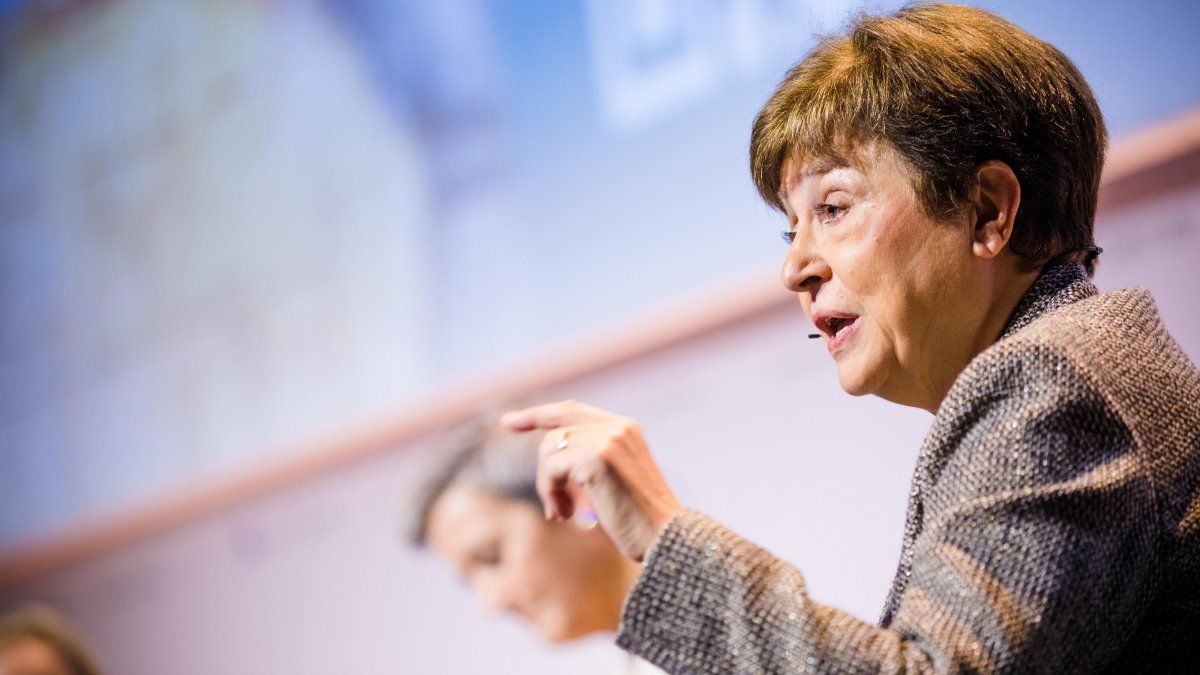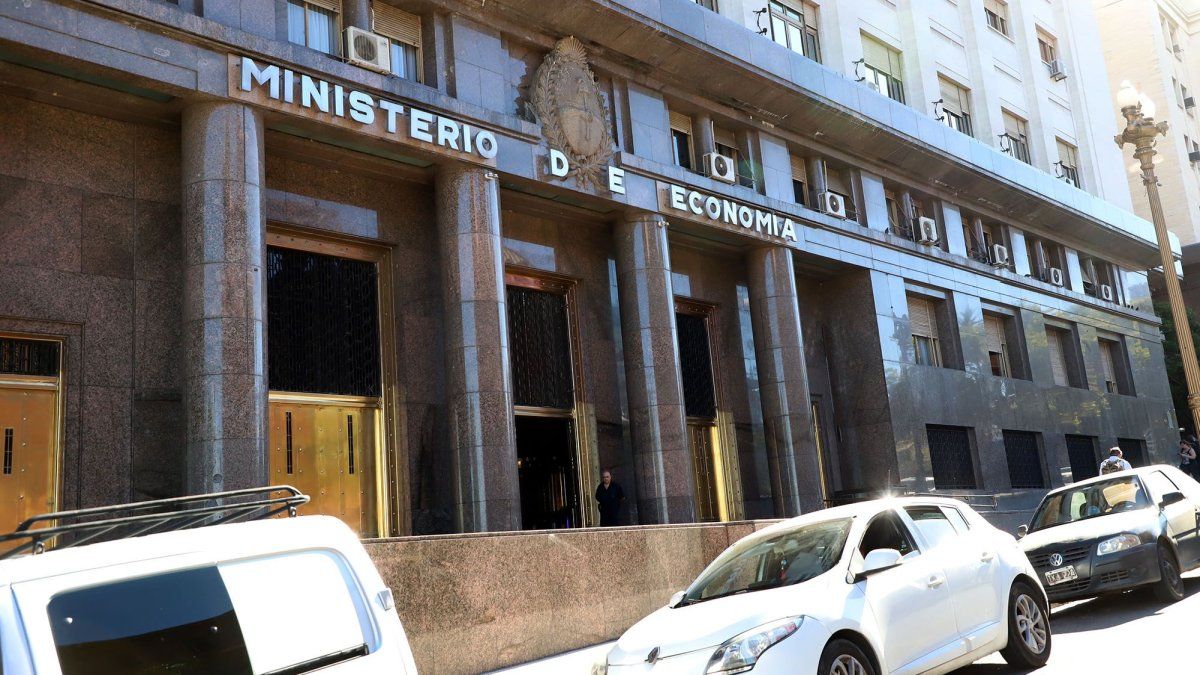From the International Monetary Fund came a message. The Argentine negotiators who are discussing (sometimes heatedly) with the delegates of the organization managed by Kristalina Georgieva received confirmation in the last few hours that the terms and objectives for 2023 of the current Extended Facilities (both general and private), will not have to be defined these days and urgently. And that they will not influence the definition of the new reserve goal that the Central Bank must meet this year, which will surely be known this week, nor will it influence the approval by the IMF Board of the 2022 financial year.
The general economic objectives to which the country will have to commit this year (not the quantitative goals), will have a somewhat longer period of negotiation, and should be resolved by April. That month, between the second and third week, the always traditional Joint Annual Meeting of the IMF and the World Bank will take place in Washington, where Sergio Massa and the president of the Central Bank, Miguel Pesce, will travel, together with the main officials who have among their obligations the negotiation of Extended Facilities. To close the objectives, there will be time until then. But no more.

Thus, in the remainder of March and the first week of April, it will be necessary to define, among other topics, monetary policy, the way in which Argentina will eliminate subsidies to public service rates for the low-income sectors (something that was claimed personally by Georgieva before the finance minister at the G20 summit in India), what the country will do with the delayed real estate revaluation, how the rate of soybean liquidation is expected to increase, how the debt issue will be handled in pesos and the eventual linked monetary issue, what will be the strategy in the face of accelerating inflation and what would be the new mark that the two parties would accept for this year, and if the Treasury and Finance will insist on debt swaps in dollars like those of the first two months of 2023. For all this, and much more, there will be a period of negotiations and discussions (and then, supposedly, agreements), which must be defined at the Washington summit in April. Already with Massa in the North American capital. And Georgieva and IMF number two, Gita Gopinath, on the other side of the counter.
Before that, it will be the turn of the usual negotiating trio that the government has assigned to speak with the technical staff of the fund. And the duo delegated by the body. On the one hand, for the Economy, the Vice Minister of the Economy Gabriel Rubinstein, the Head of Advisors Leonardo Madcur and the Secretary of International Financial Relations Marco Lavagna are negotiating. Present at the Fund are the person in charge of the Argentine case, the Venezuelan Luis Cubeddu, and his still boss, the Englishman Nigel Chalk, who until May will hold the interim position of director for the Western Hemisphere, awaiting the arrival of the Chilean Rodrigo Valdés. .
The last thing that was resolved in these rounds of discussions, as this media reported, is that during this 2023, Argentina will no longer have to meet quarterly goals within the Extended Facilities agreement, but rather the final inspections that will determine the approval (or not ) of what is committed to the organization will be annual. Going forward, and once the negotiations that are ending at this time at the Fund’s headquarters in Washington are closed, the green tick for this exercise will be considered when the year ends and the execution of the goals for the entire year is controlled. Something that in chronological terms will happen in the first quarter of 2024, when, obviously, this management has already left power for the next head of state to continue the negotiation with the body.
The decision to analyze the fulfillment of the goals on an annual basis does not imply changes in the two percentages that remain firm within the agreement on March 25, 2022: the 1.9% final fiscal deficit and the monetary issue frontier of a 0.6% throughout the year, will remain inescapable, non-negotiable and unchangeable. But the Fund will wait until the end of the year to control and approve them. In the meantime, there will only be punctual and sharp observations on whether or not the fiscal and monetary projections aim to comply with what has been promised. It’s not little. More taking into account that the first steps in terms of income and collection that the country exhibits are being problematic.
Source: Ambito




